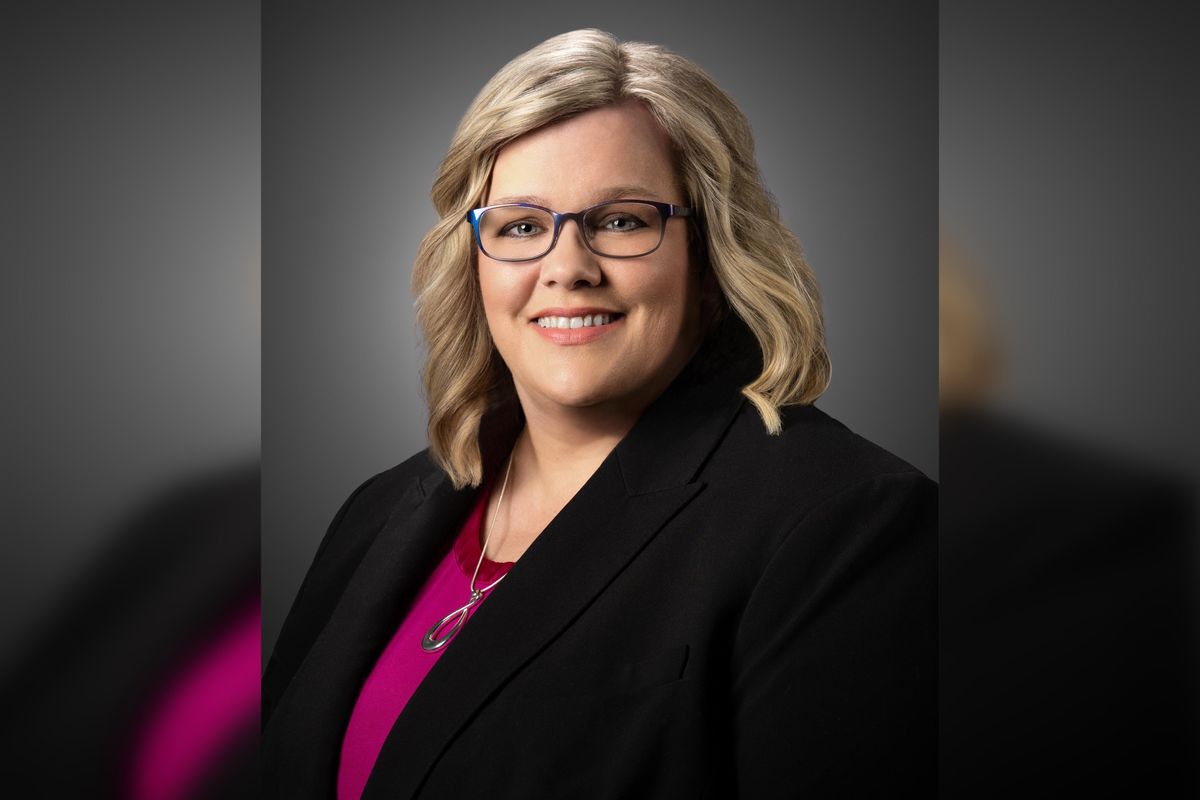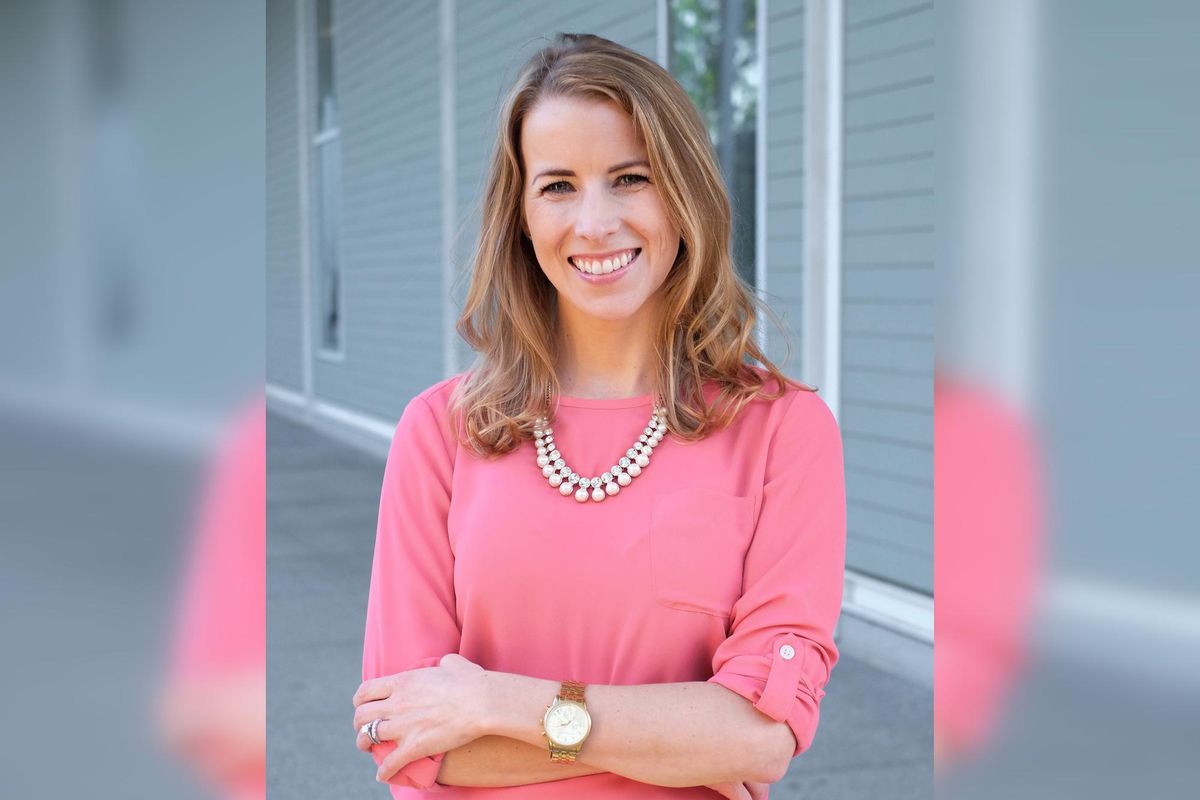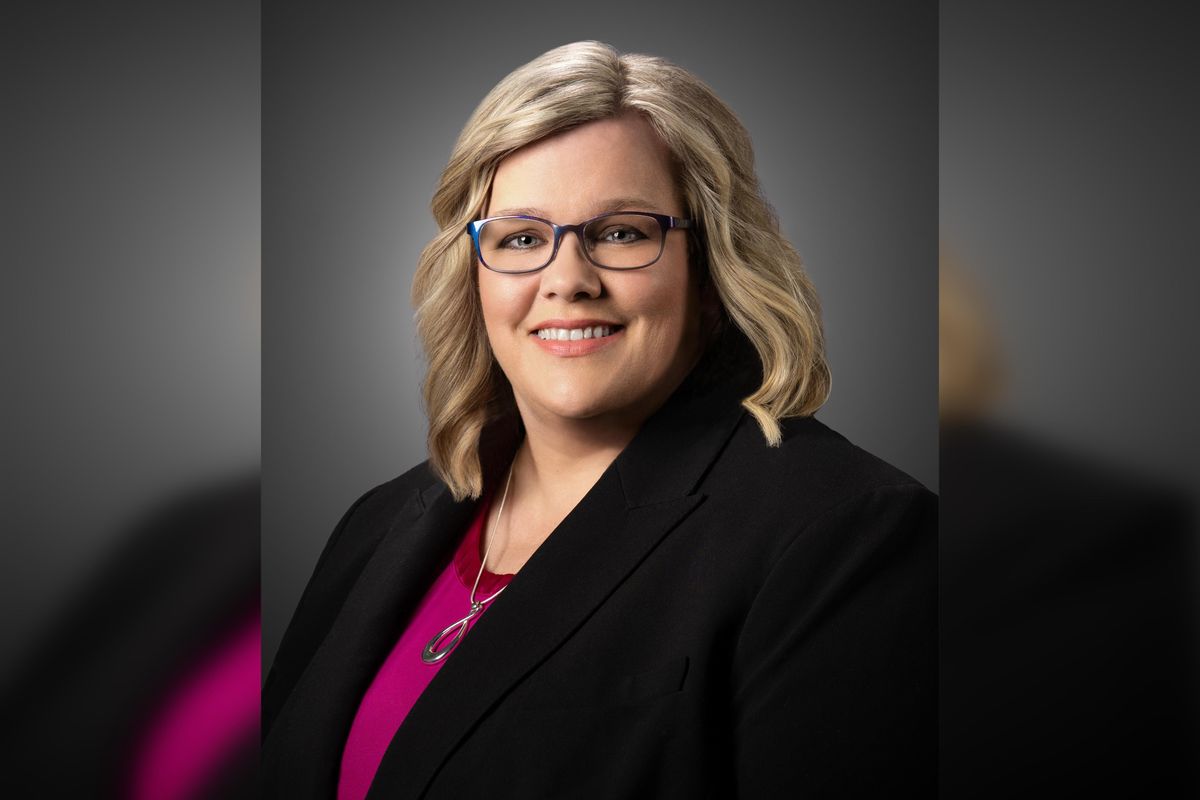Editor's note: Every week, I introduce you to a handful of Houston innovators to know recently making headlines with news of innovative technology, investment activity, and more. This week's batch includes two health tech innovators and a sportstech CEO.
Kelly Pracht, CEO and co-founder of nVenue

Kelly Pracht joins the Houston Innovators Podcast to discuss how she's expanded nVenue to new sports. Photo courtesy of nVenue
All though career technologist Kelly Pracht began her entrepreneurial journey with her favorite sport, baseball, she's recently expanded the data-backed, fan-engaging sports betting platform to new sports.
Pract, who spent nearly 20 years designing technologies at Hewlett Packard Enterprise, founded nVenue in 2019 after realizing that, while there's endless data and stats available in baseball, there's nothing that exists for fans to engage in that data in real time. So, she set out to build it herself.
At first, the platform launched as a direct-to-fans platform, but Pracht says on the Houston Innovators Podcast that the company pivoted to B-to-B amid its participation in the Comcast SportsTech accelerator.
"The industry was super hungry for fan engagement and sports betting, and we were one of the only companies that could do it," she says on the show. "We found this huge product-market fit of the whole industry wanting ways to engage and bet in real time." Read more.
Exclusive: 2 Houston health care institutions team up to develop cancer-fighting treatments

Fannin Partners and the University of Texas MD Anderson Cancer Center have teamed up to develop drugs based on Raptamer, the creation of Fannin company Radiomer Therapeutics. Photo via Getty Images
Two Houston organizations announced a new collaboration in a major move for Houston’s biotech scene.
Fannin Partners and the University of Texas MD Anderson Cancer Center have teamed up to develop drugs based on Raptamer, the creation of Fannin company Radiomer Therapeutics.
“Raptamers combine antibody level affinities with desirable physical and pharmacokinetic properties, and a rapid path to clinic,” Dr. Atul Varadhachary, CEO of Radiomer Therapeutics and Fannin managing partner, Varadhachary, explained to InnovationMap in May. “We are deploying this unique platform to develop novel therapies against attractive first-in-class oncology targets.” Read more.
Earlier this year, Varadhachary joined the Houston Innovators Podcast to discuss Fannin's innovation approach and contribution to medical development in Houston. Listen to the episode below.
Navin Varadarajan, M.D. Anderson Professor of William A. Brookshire Chemical and Biomolecular Engineering at University of Houston

The University of Houston's Navin Varadarajan explains that while COVID vaccines prevent advanced disease, they don’t prevent transmission. But he has a solution. Photo via UH
Since the force of COVID-19 hit globally in 2020, scientists have made efficient progress in the fight against it. As Dr. Navin Varadarajan puts it, vaccines have “allowed us to become a society again.”
And he should know, the M.D. Anderson Professor of William A. Brookshire Chemical and Biomolecular Engineering at University of Houston just published back-to-back studies for nasal sprays that combat viruses. One, the NanoSTING therapeutic, has proven effective in treating strains of SARS-CoV-2 and the flu virus. The other, NanoSTING-NS Pan-coronavirus Vaccine is targeted at preventing the transmission of multiple COVID variants altogether.
Why a nasal vaccine? Varadarajan explains that while COVID vaccines prevent advanced disease, they don’t prevent transmission.
“Intramuscular vaccines do not facilitate a component of peer immunity called mucosal immunity, which takes care of these points of entries, these wet surfaces, which can be of the nose and the wet surfaces of the nose, and so they don't prevent transmission,” he tells InnovationMap. “So I can be vaccinated, I pick up a small infection that's confined largely to my nostrils, and I can still pass it on to vulnerable people, the aged, the immunocompromised people who have all the drugs they're taking to fight other things, like cancer patients. And so for them, the vaccines tend to be less efficacious, and if I transfer it to them, unfortunately they can end up in a hospital, right? And so preventing transmission is the way to end this cycle.” Read more.




 Kelly Pracht is the CEO and co-founder of nVenue. Photo courtesy of nVenue
Kelly Pracht is the CEO and co-founder of nVenue. Photo courtesy of nVenue



